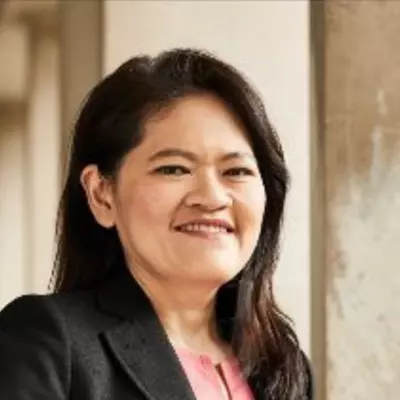Book Talk: Beijing's Global Media Offensive: China’s Uneven Campaign to Influence Asia and the World
March 21, 2023 | 4:00PM - 5:00PM
|
Online
This event will take place online via Zoom.
Join us on March 21, as Joshua Kurlantzick discusses his book Beijing's Global Media Offensive: China’s Uneven Campaign to Influence Asia and the World with Professor Lynette Ong.
About the book
Since China’s ascendancy toward great power status began in the 1990s, many observers have focused on its economic growth and expanding military power. In contrast, most viewed China’s ability to project “soft power” through its media industries and its global influence campaigns as quite limited, and its ability to wield influence within the domestic politics of other countries as nonexistent. But as Joshua Kurlantzick shows in Beijing’s Global Media Offensive, both of these things have begun to change dramatically.
An incisive analysis of China’s attempt to become a media and information superpower around the world, and also wield traditional forms of influence to shape the domestic politics of other countries, the book shows China for the first time is actively seeking to insert itself into many other countries’ elections, social media, media, and overall politics, including that of the United States.
Kurlantzick focuses on how all of this is playing out in the United States, where Beijing has become the biggest spender on foreign influence activities, and also in China’s immediate neighborhood—Southeast Asia, Taiwan, Australia, Japan, and New Zealand—as well as in Europe and other parts of the world. He also traces the ways in which China is increasingly collaborating with Russia in their efforts to become more powerful global influencers via disinformation and other tools, but critically examines whether Beijing has enjoyed great success with these efforts to wield power within other countries’ domestic societies and politics and media.
About the author
Joshua Kurlantzick is senior fellow for Southeast Asia at the Council on Foreign Relations (CFR). He was previously a visiting scholar at the Carnegie Endowment for International Peace, where he studied Southeast Asian politics and economics and China’s relations with Southeast Asia, including Chinese investment, aid, and diplomacy. Additionally, he served as a fellow at the University of Southern California Center on Public Diplomacy and a fellow at the Pacific Council on International Policy. He is currently focused on China’s relations with Southeast Asia, and China’s approach to soft and sharp power, including state-backed media and information efforts and other components of soft and sharp power. He is also working on issues related to the rise of global populism, populism in Asia, and the impact of COVID-19 on illiberal populism and political freedom overall.

